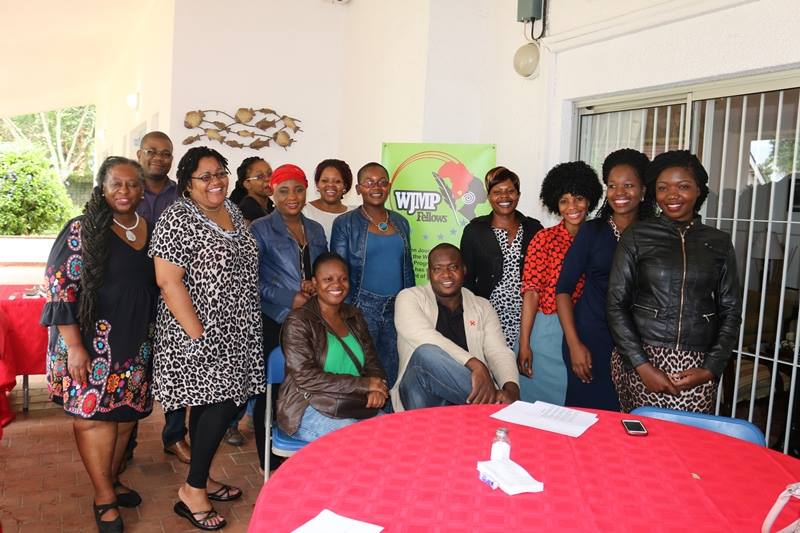
Slave trade may ring ancient but it is alive and full-tilt world over. New forms of objectification include human trafficking, debt bondage, sex slavery and child labour.
More than 200 Zimbabwean women were trafficked to Kuwait for slavery by a shady syndicate implicating a member of the Mid-eastern country’s diplomatic mission in Harare last year.
Children crossing the Mediterranean from Libya to Italy are routinely subjected to slavery, violence and sexual abuse at the hands of traffickers and people smugglers. “A Deadly Journey for Children,” the 2017 report by Unicef, details unsettling abuses suffered by almost 26,000 children who undertook the hair-raising journey to Europe last year.
The International Organisation for Migration (IOM) recently reported that hundreds of sub-Saharan Africans trying to reach Europe are being sold by militias in Libyan slave markets.
Debt bondage, a form of slavery whereby debtors from peripheral castes pay back with all their life’s labour, persists in some parts of India, Pakistan and Bangladesh, accounting for almost half the world’s slave population. “SOS – Sold Out Slaves,” an RT documentary chronicles the bit-and-lit tragedy of the cigar endured by Kenya’s child prostitutes, forced to fend their families and subjected to violence by their customers.
These new forms of criminal exploitation came under the spotlight at the Commission on the Status of Women’s 61st session (CSW61), held in New York from M
“One of the great areas that was being pushed by the Government of Zimbabwe was trafficking. Trafficking was given its own paragraph, as to how we can address the issue globally,” said the UN Women country representative for Zimbabwe, Delphine Serumaga.
A gender facility of the United Nations, CSW annually convenes government representatives and civic activists to review progress in the implementation of the 1995 Beijing Platform for Action.
Herald Features got a taste of the “Beijing group,” which addressed as its priority theme, “Women’s Economic Empowerment in the Changing World of Work,” from a feedback symposium jointly pulled together by Oxfam and Women’s Action Group in Harare recently.arch 13 to 24.
Women Parliamentary Caucus chairperson Monica Mutsvangwa, Parliamentary Portfolio Committee on Women Affairs, Gender and Community Development chairperson Beater Nyamupinga and Women Parliamentary Caucus vice chairperson Paurina Mupariwa attended the ten-day session along with representatives from the Zimbabwe government and local women interest groups.
According to the UN Women representative, Zimbabwe had a strong showing at three side events at the New York conference which also reviewed challenges and achievements in the implementation of Millennium Development Goals (MDGs) for women and girls. “This year, Africa held its place quite strongly and this was because Africa chose to go with one voice. The parliamentarians and other delegates from Zimbabwe decided on points that needed to be included in the final agreements,” Serumaga said.
“If we don’t acknowledge that half of the population is part of the development, we will not be making any real change in Zimbabwe. In addition, without women’s agency or equality, if women are held back, they will not be any real development in Zimbabwe,” she said.
She pointed out that while government officials hold the ultimate responsibility for gender equality and women’s development, civil society must facilitate intersectoral engagement and sustain the flow of information to the grassroots.

